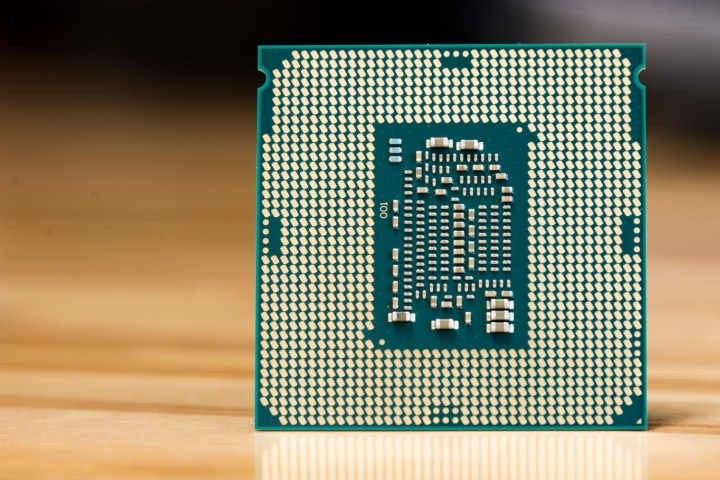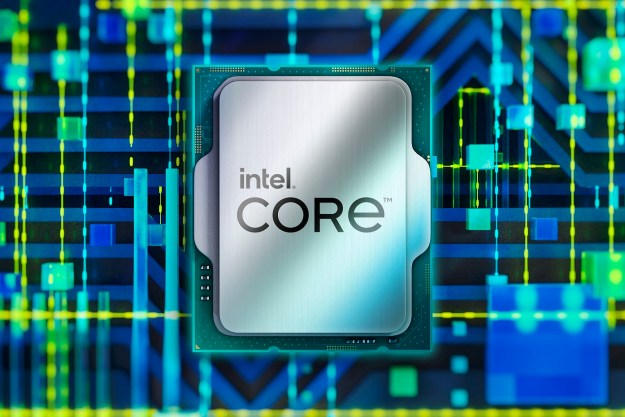
Looking back, Intel launched its 100 Series motherboard chipsets alongside its sixth-generation “Skylake” processors, and the LGA 1151 motherboard “seat” (socket). These chipsets spanned six different groups providing specific features for the entry-level, mainstream, and high-performance desktop markets. For Intel’s X-Series “enthusiast” CPU products, Intel provided the X99 motherboard chipset and the GA 2011-v3 socket.
When Intel introduced its seventh-generation “Kaby Lake” processor lineup at the beginning of 2017, the company also launched its supporting 200 Series motherboard chipsets while keeping the same LGA 1151 socket. There are five different sets, again serving up specific features for the three desktop markets. For Intel’s recent X-Series “enthusiast” chips, Intel supplies its new X299 chipset, and the LGA 2066 motherboard socket.
Following this pattern, Intel will provide various 300 Series motherboard chipsets to support new features crammed into its eighth-generation “Coffee Lake” CPUs. Intel appears to be sticking with the same LGA 1151 watering hole used by all of its previous desktop CPU “lakes,” as the chips are supposedly based on 14nm Plus (14nm+) process technology, the same node it used for its seventh-generation desktop CPU portfolio.
For the moment, Intel’s unofficial lineup includes four possible processors based on a recent leak. Here they are:
| Cores/ Threads |
Base Speed |
Single Core Turbo |
Dual Core Turbo |
Four Core Turbo |
Six Core Turbo |
Power Draw |
|
| i7-8700K | 6 / 12 | 3.7GHz | 4.7GHz | 4.6GHz | 4.4GHz | 4.3GHz | 95 watts |
| i7-8700 | 6 / 12 | 3.2GHz | 4.6GHz | 4.5GHz | 4.3GHz | 4.3GHz | 65 watts |
| i5-8600K | 6 / 6 | 3.6GHz | 4.3GHz | 4.2GHz | 4.2GHz | 4.1GHz | 95 watts |
| i5-8600 | 6 / 6 | 2.8GHz | 4.0GHz | 3.9GHz | 3.9GHz | 3.8GHz | 65 watts |
Intel confirmed that its eighth-generation processor family was in the works in February, right after the company’s January launch of its seventh-generation desktop processor family. The tease appeared on Intel’s official Twitter feed revealing a launch window spanning the second half of 2017. Prior to that, Intel muddied the code name waters by teasing its “Cannon Lake” processor for 2-in-1 PCs based on a smaller 10nm process technology. These are expected to appear in the first half of 2018.
Intel’s eighth-generation processors will arrive at the tail end of its Core X-Series desktop CPU rollout in October. The new “enthusiast” lineup is based on a revised version of Intel’s seventh-generation “Kaby Lake” design (aka “Kaby Lake-X”), and a revised version of its sixth-generation “Skylake” design (aka “Skylake-X”).
Currently, Intel’s 12-core i9-7940X “Skylake-X” processor is scheduled for September. Following in October will be Skylake-X-based 14-core i9-7940X, the 16-core i9-7960X, and the 18-core i9-7980XE. After that, Intel’s schedule will be wide open for highly promoting its eighth-generation portfolio.
Update: Added mention of ASRock’s deletion of its Twitter comment.
Editors' Recommendations
- ASRock may have released a major leak about Intel Raptor Lake
- Intel Meteor Lake brings changes, with one unexpected benefit
- Intel 12th-gen Alder Lake CPUs: Everything you need to know
- New motherboard supports DDR5 and DDR4 — but there’s a flaw
- This MSI motherboard may be the most expensive model ever


